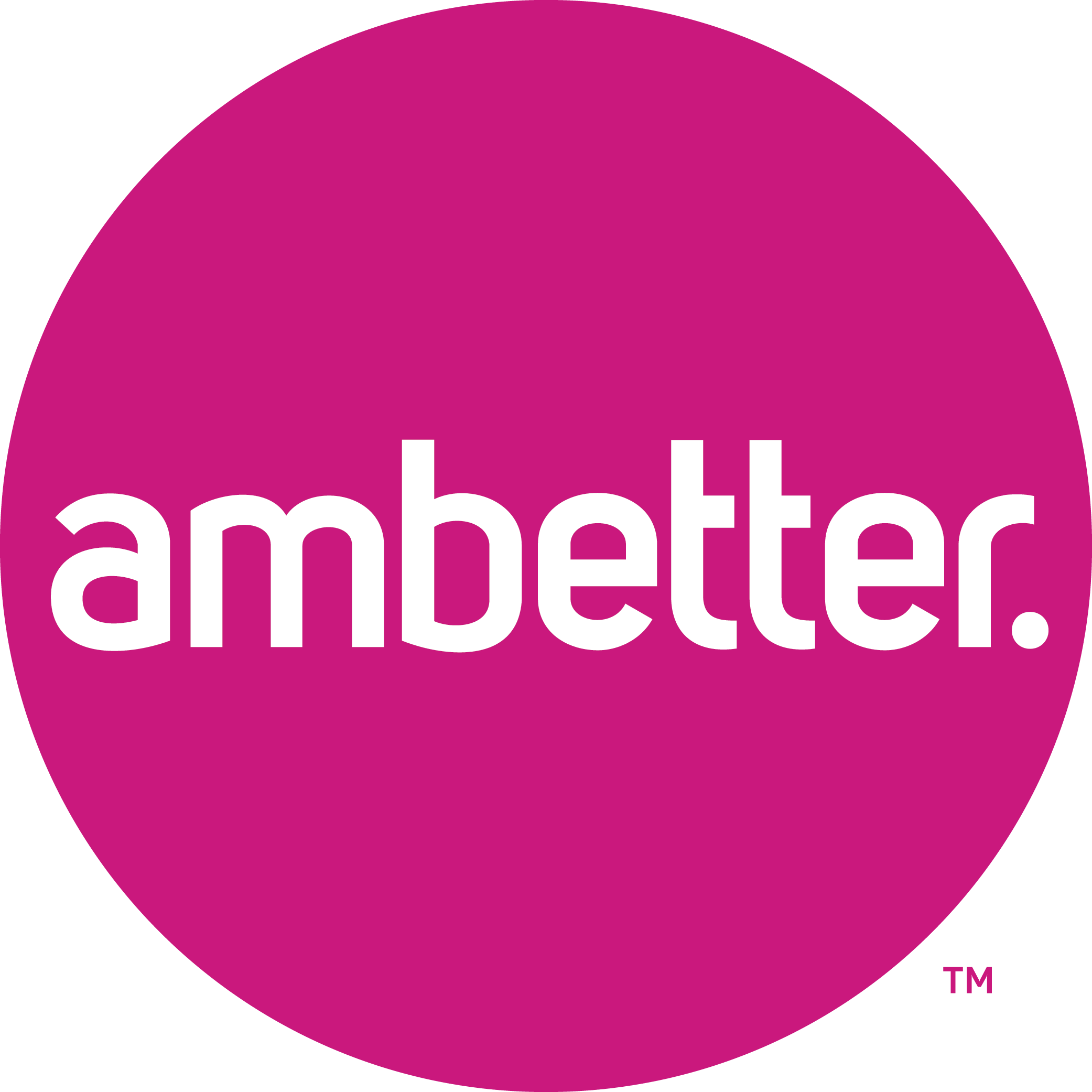Meth Addiction Treatment
Methamphetamine, also commonly called meth, is a power stimulant drug that excites the central nervous system. Crystal meth is a form of methamphetamine that is purer and more potent, also making it more dangerous. While meth does have some valid medical uses, including treatment for ADHD, it is more commonly used recreationally and illegally in the United States. People will smoke, snort, or even inject methamphetamine in order to get high. It is estimated that 1.6 million people in the United States in 2017 abused meth in the last year.1 Over time, their brain becomes dependent on the drug and comes to crave the euphoric effects caused by meth. Eventually, a meth use disorder develops and users need addiction treatment to stop.

Meth Addiction Symptoms
Methamphetamine addiction is more than just a chemical dependence on the drug. When someone becomes addicted to meth, it leads to physical, mental, and behavioral changes as well.
Signs and symptoms of meth abuse may include:
- Hyperactivity and increased energy
- Twitching
- Mood swings
- Paranoia or anxiety
- Mental confusion
- Decline in overall physical appearance
- Weight loss
- Skin sores
- Bad dental health
- Strange sleep patterns
- Increased need for privacy
- Social withdrawal
- Inattention to regular responsibilities and duties
- Decline in school or work performance
Meth Withdrawal
Over time, a meth addiction will develop and users will build tolerance of the drug. Not only will they need to take more to feel the same euphoric effects, but also they may start to experience withdrawal symptoms as their body metabolizes the methamphetamine.
Symptoms of meth withdrawal may include:
- Intense meth cravings
- Depression
- Psychosis
- Fatigue
- Increased appetite
- Twitching or shaking
- Sweating
- Mood swings
- Irregular heart rate
- Muscle or joint pain
- Insomnia or sleep disturbances
- Headaches2
Meth withdrawal is different for everyone and may be more severe for some people. The safest way to detox is to find a medical detox center that has medical staff on-hand to supervise the process and attend to withdrawal symptoms.
Dangers of Meth
The longer someone abuses meth, the more likely they are to cause serious damage to not only their health but also other areas of their life.
Some possible long-term side effects of meth use may include:
- Severe dental problems
- Unhealthy weight loss
- Memory loss
- Noticeable cosmetic damage
- Paranoia and/or hallucinations
- Insomnia
- Increased risk of stroke
- Decreased brain health
- Increased risk of Parkinson’s disease
- Hypertension3,4,5
These negative physical and mental health effects of meth addiction do not include financial problems, relationship issues, legal trouble, and other secondary problems that are also common among long-term meth users.
One of the most noticeable dangers of methamphetamine is the damage it can have to a person’s physical appearance. Before and after pictures of meth users show the dramatic nature of this damage including false aging. Some people struggling with meth addiction will experience hallucinations known as meth mites that can lead to skin sores, blisters, and scabs from excessive itching. The term meth mouth is also used to describe the series of dental problems and conditions that meth users often struggle with.
Like other drugs of abuse, it is also possible to overdose on methamphetamine. If someone on meth is showing signs of overdose including slow or irregular heart rate, shallow breathing, or loss of consciousness, it is important to get them immediate medical attention, as it is a life-threatening situation.
Alone, a meth addiction can lead to serious problems, but when combined with other substances of abuse, these problems can become even more severe. Someone who has become dependent on this drug should seek meth abuse treatment as soon as possible.
Meth Addiction Treatment
While not all of the damage may be able to be reversed, methamphetamine addiction is treatable. Methamphetamine addiction treatment usually begins with a detox to focus on chemical dependency and is followed by various addiction treatment therapies to address the psychological components of addiction.
At Banyan Treatment Center, our meth abuse treatment programs focus on addressing both the root causes of the addiction as well as preparing patients for a life of sobriety. Because every patient and addiction case is unique, patients will start by undergoing a full physical and mental health assessment. Our staff uses this information to develop an individual meth addiction treatment plan that is meant to give the patient their greatest chance of finding long-term success in their recovery journey.
If you or someone you care about struggles with methamphetamine abuse, do not wait any longer to ask for help. Call us today at 855-722-6926 to learn more about our various meth programs and to find a facility near you.
Sources:
- NIH - What is the scope of methamphetamine misuse in the United States?
- NCBI - Withdrawal symptoms in abstinent methamphetamine-dependent subjects
- NCBI - Neurologic manifestations of chronic methamphetamine abuse
- PubMed - Psychiatric disorders in individuals with methamphetamine dependence: prevalence and risk factors
- NCBI - Meth use linked to risk of Parkinson disease
Related Readings:
Most Insurance Plans Accepted
At Banyan Treatment Center our goal is to make sure that anyone who needs treatment from drug and alcohol addiction are able to get the help needed to assist them on the road to recovery. If you don't have insurance contact us to inquire about alternate methods regarding treatment for yourself or a loved one.






























